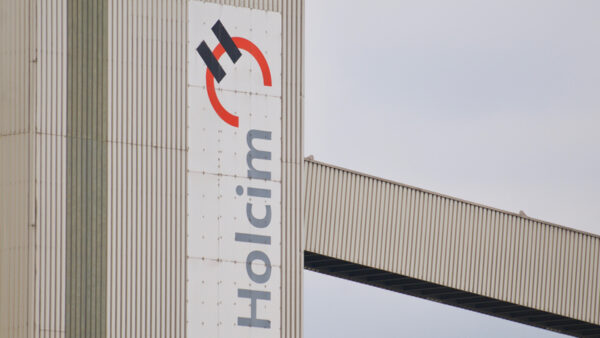Mitsubishi Materials Corporation is reported to be nearing a settlement with Chinese citizens who were used as forced labour on Japanese construction sites during World War II.
According to Japan News, the settlement will involve a public apology by Mitsubishi Materials – then known as Mitsubishi Kogyo Cement – and payments of $16,000 to more than 3,700 workers.
Former labourers and their relatives filed a suit against Mitsubishi Materials in February 2014 in Beijing, seeking an apology and compensation. After the suit was accepted in March, other Chinese victims joined the class action.
Forced transportation is a serious crime. This issue has not been appropriately resolved– A spokesperson for Japan’s foreign ministry
During WWII, to supplement its wartime workforce, Japan is thought to have imported 38,935 Chinese citizens as slave labour, of whom 6,830 died in industries such as construction and mining.
Mitsubishi Materials is working toward an out-of-court settlement that includes an admission of liability and an expression of “keen remorse and deep apology”.
When asked about the case, a Mitsubishi Materials spokesperson said, “As this matter is currently being disputed, we will refrain from commenting.”
On July 19, the company issued its first apology to former American prisoners of war who were forced to work in mines in Japan.
The government of Japan has distanced itself from the case. When relations with China were normalised in 1972, the countries issued a statement that China “renounces its demand for war reparations from Japan”.
In 2007, the Japanese Supreme Court rejected the idea that individual Chinese have a right to demand compensation for damage incurred during wartime. The Chinese government, however, has backed the workers’ case. A spokesperson for the foreign ministry said: “Forced transportation is a serious crime. This issue has not been appropriately resolved.”
If the claims against Mitsubishi were to be settled in court, it could bring increased attention to whether individual Chinese citizens can make claims, which could drag the Japanese and Chinese governments into the dispute. This could be avoided if a settlement among the parties can be reached, as appears to be happening in this instance.
Photograph: Hashima Island off the coast of Nagasaki, where Chinese slave labour was used in coal mines (Source: Wikimedia Commons)






